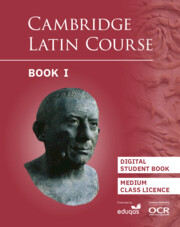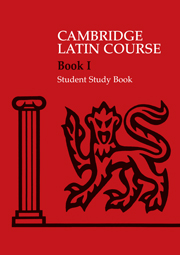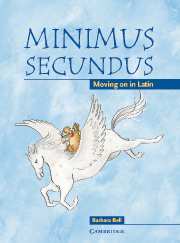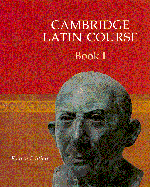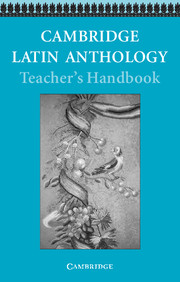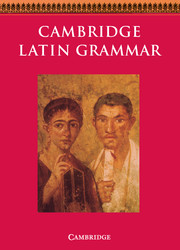Latin
World-renowned Latin courses from Cambridge
From Minimus to the Cambridge Latin Course, our Latin resources encourage students to immerse themselves in Roman culture through stories, myths and historical background, while also building and advancing their language skills.
Introducing the fifth editions
From improving the representation of different sectors of society, to preserving the integration of culture, stories and language – take a look inside Book 1 and 2 to discover how we can support you and your learners.
These editions feature exciting new characters and storylines that provide historically grounded insight into the Roman world, as a context for language learning. Underpinned by language acquisition research, the series encourages learners to read Latin from the first page.
Online subscriptions for Books 1 and 2
Gain digital access to Student Books 1 and 2 with new online subscriptions for your school – available for small, medium and large groups of students and accessible via Cambridge GO. Support your learners as they explore new storylines and immerse themselves in the culture of the Roman world.
Small – up to 50 students
Medium – 51–250 students
Large – 251–800 students
Discover support from the Cambridge School Classics Project
Access new teaching and learning support from the CSCP via MyCLC. Supporting activities for Student Book 1 are now available, covering each stage of the course content.
You will find ‘Story explorers’ which display the stories of the CLC in an interactive format, allowing you to check vocabulary, grammar parsing and derivations.
Discover a vast array of language activities, including drag and drop word sorting, vocabulary testers and digital versions of the ‘Reviewing the Language’ exercises.
A more reflective and diverse exploration of the ancient world
The CSCP undertook extensive research and gathered feedback to help shape the seven guiding principles for the fifth edition.
To learn more about the key changes and why they were made – such as the importance of updating the storylines and introducing new characters – view our guide containing explanations with examples.

